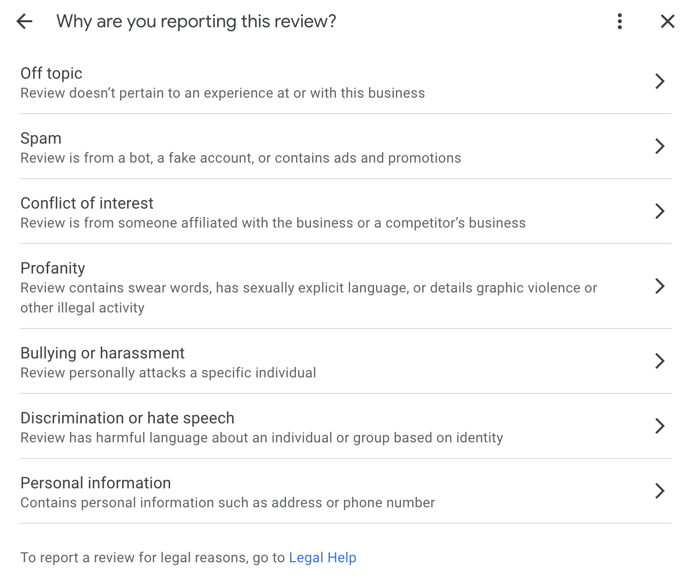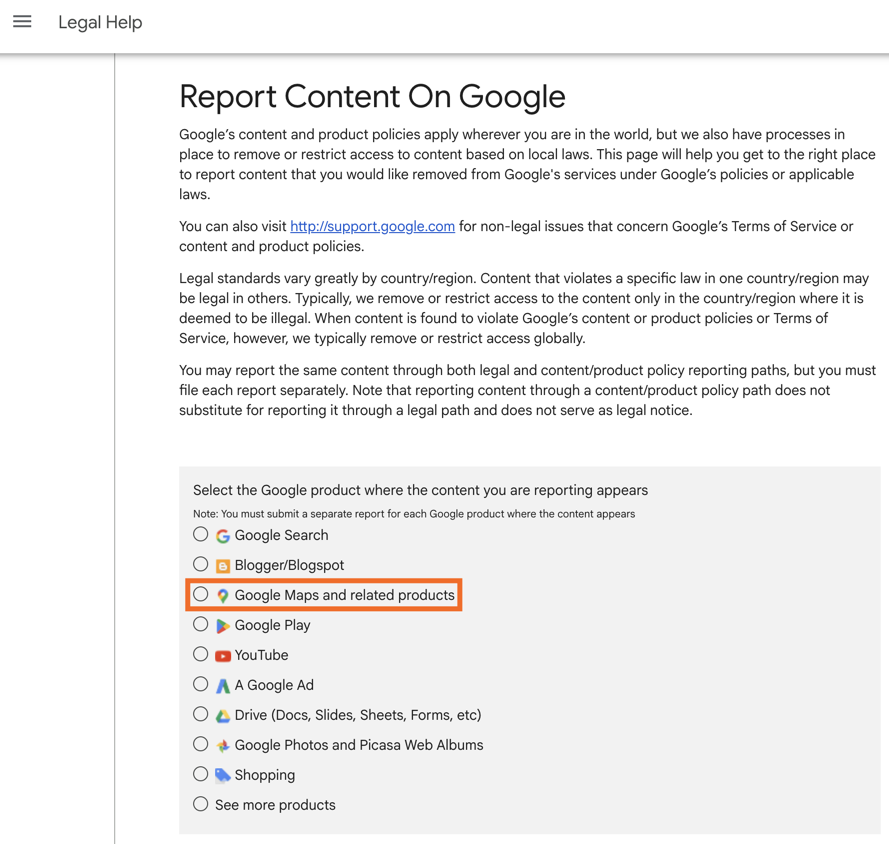Greetings, all. We hope you’re having a great week.
People who were up to speed on a McDonald’s mobile app vulnerability may have had a better week. The app hands out 100 points for every dollar spent through it. Those points can be redeemed for things like cheeseburgers, hash browns, Happy Meals, and Big Macs. Anyway, a developer realized something that the app didn’t do, which was verify the point holdings of its users on its own servers. This meant that anyone with an Apple Developer account and minimal knowhow could adjust their phone’s points balance and run wild with free McChickens.
Local Viking does not condone such behavior because stealing from a faceless megacorp is still technically stealing. We’ll laugh at it though.
Something we won’t laugh at is a Google Business Profile scam that’s ramping up to an inexcusable degree. On a basic level, there are fraudsters out there who leave GBPs descriptive, one-star reviews and then demand payments from business owners to remove them. If you go to the r/GoogleMyBusiness subreddit, you’re likely to encounter little else beyond people complaining about this problem (and people with verification issues). In fact, the top post at the time of writing is titled PSA: Do Not Mention Name of Your Business in Here, which reads “This subreddit is full of scammers. They are all just waiting for you to reveal the name of your business on Google so they can give you [a] bunch of 1 star reviews and ask you to pay them in order to remove their reviews.”
There are too many additional examples to document here. A common theme is Google either refusing to police this matter or not being able to. Regardless of Google’s institutional stance on the matter, the end result is that you cannot expect any help if a business belonging to you or your clients gets attacked by these extortionists.
One of the comments on the post we linked to claims that The New York Times is writing a story about Google doing nothing about this blackmail scheme. We have no way to verify that. All we can do is tell you the steps to take if and when a business within your purview gets affected.
 First, sign into business.google.com. Then click the reviews tab in the panel on the left side of the page. After that, find the fake review and click the three vertical dots to the right of it. You’ll see a one-option pop-up appear that will allow you to flag the review as inappropriate. Click on that.
First, sign into business.google.com. Then click the reviews tab in the panel on the left side of the page. After that, find the fake review and click the three vertical dots to the right of it. You’ll see a one-option pop-up appear that will allow you to flag the review as inappropriate. Click on that.

After flagging a review as inappropriate, you’ll see a pop-up like the one above this paragraph. You’ll have the best chance of getting the review removed if you mark it as spam / fake content. That chance is slim.
If (when) flagging the fake review does not work, Google has a legal removal request form. You’ll want to choose the Google Maps option from it and then follow the on-screen instructions.
None of the posts we saw on Reddit or other forums mentioned this form, so we cannot tell you how effective it is. It can’t be worse than flagging an inappropriate review though. We strongly recommend going this route if you or a client has an affected business. We would love to hear about success stories from any of you who do.
Other than the legal removal form, we can only offer run-of-the-mill SEO advice: try to dilute the impact of fake reviews by encouraging satisfied customers to leave genuine reviews. This is because there isn’t much else you can do. We spoke with a business owner who got eight fake reviews removed by sending $500 to a gentleman in Bangladesh. We do not recommend doing this. It’s just our only verifiable data point, so we thought it was worth mentioning.
Our first closing link is a video called How Google Broke Google. It looks at the way Google’s anti-consumer incentives have resulted in a Search experience that is worse than it once was. The video also shines a light on the fact that Gemini’s fact checkers are instructed to use Gemini to fact check Gemini. That looks like a misprint, but it’s the standard operating procedure at Google these days. Next, from Search Engine Journal, is Quality Audiences: Why Lower Traffic Might Be Better. It posits that there are scenarios where higher revenue can be squeezed from well made websites that are not optimized for online searching. Last, from Hootsuite, is 311 Instagram caption ideas. “The best Instagram captions add context, show off your brand’s personality, entertain your audience and compel people to take action.”
That’s all for today.


